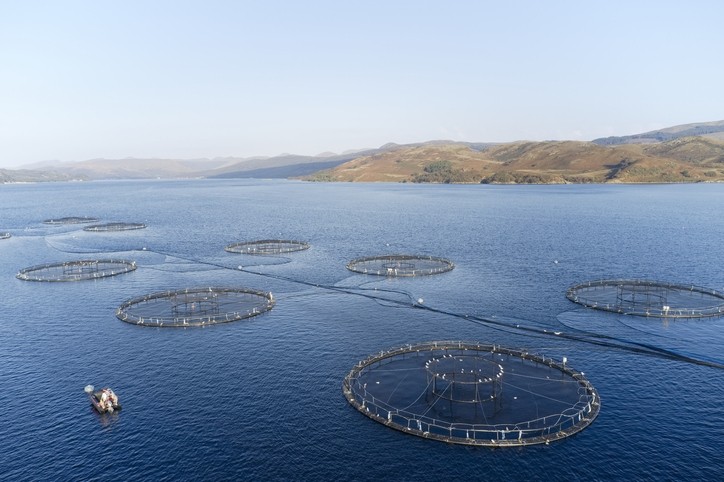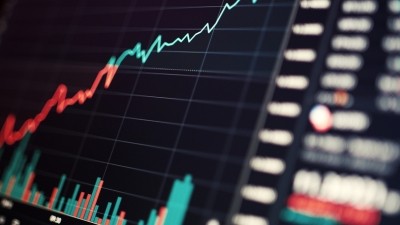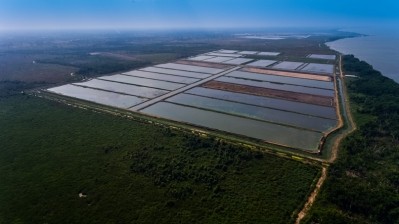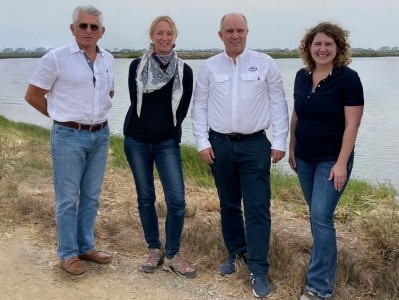Prize money boosted for aquaculture contest targeting alternative feeds for carnivorous species

This edition of the F3 challenge will award US$100,000 in each of three categories—salmonid, shrimp, and other carnivorous species—to the contestants that produce and sell the most 'fish-free' feed.
The Future of Fish Feed (F3) is a collaborative effort between NGOs, academic institutions, and private partnerships to accelerate the commercialization of innovative, substitute aquaculture feed ingredients to replace wild-caught fish. The organizers are aiming to make it unnecessary to use wild fish in feeds, so that they can remain in the environment for other species, and aquaculture’s growth becomes unconstrained from wild resource availability.
The qualifying feeds for all prize categories must not contain any ingredients consisting of or derived from marine animals, including but not limited to fish, squid, shrimp, or krill.
When asked why the prize money has been boosted, a spokesperson for the F3 challenge told us:
“By raising the stakes, we are motivating companies to enter. We understand that it’s costly to develop and market feeds for carnivores and wanted the same level of award for each of the three categories as for the first contest. Most former contestants say that their prime motivation to enter is not the award itself but the contest, which gives them the necessary push to move feed innovation forward."
Contest registration remains open and contestants who have submitted a qualifying feed sample can begin recording sales as of October 1, 2020 towards the prize. A new timeline for the competition will be announced at a later date, said the organizers.
Six competitors are currently registered for the contest, and many are seeking partners.
To what extent has COVID-19 impacted the competition and the work being done by those entrants?
“When we launched the competition in late 2019, we, like the rest of the world, had no idea a global pandemic was around the corner. We decided to extend the registration deadline to allow additional time for companies to register and form ingredient and feed mill partnerships, given the many changes that needed to happen within companies from workplace safety to supply chains. The aquaculture industry has been impacted by the COVID-19 pandemic, not so differently from the rest of the agriculture industry. The competition focuses on production, and the pandemic-related impacts can greatly impact perishable products. Those who have entered are committed to the challenge and are moving forward by submitting qualified feed samples and recording sales.”
Prospective contestants have more time to internally address the specific COVID-19 pandemic-related impacts they face before officially entering.
“We have received a lot of inquiries from prospective companies and anticipate a significant increase in entrants. We have not made a formal decision as to when the registration will close. We are monitoring the situation on vaccine availability closely to ensure people can safely work in collaborative environments and the F3 judges can move forward with independent sales audits that are a necessary part of the contest.”
The contestants, to date, include:
BGreen Technologies, a young startup based in India, is competing in the 'other carnivorous species' category with its Asian seabass feed.
Founded in 2012, US based Chapul Farms, farms and formulates functional proteins from black soldier flies for food and feed ingredients by raising its soldier fly larvae on agricultural by-products, primarily for salmonid feed. Chapul Farms is seeking sales partners for the challenge.
Empagran, an aquaculture company with 3,000 hectares (7,413 acres) of shrimp ponds in Ecuador, a packing plant, hatchery, and feed mill, is selling a fish-free feed for white shrimp (Litopenaues vannamei) in partnership with Veramaris. Empagran’s feed contains soybean meal and Veramaris’ algal oil, rich in both EPA and DHA.
Jiangsu Fuhai Biotech Co Ltd. founded in Haian, Jiangsu, China in 2015, uses fermented dehulled full fat soybean as a raw material for use in feed for salmonid, shrimp and other carnivorous species. Jiangsu Fuhai Biotech is seeking product development and sales partners for all three award categories.
UK-based Remediiate grows microalgae at scale and is seeking product development partners to formulate a finished feed to compete for the shrimp category.
Star Milling Co. is selling rainbow trout feed containing a barley protein concentrate produced by its partner Scoular Company. The patented process Scoular uses to obtain its high-quality, nutrient dense and highly digestible protein source is said to be an ideal complement to replace fishmeal in aquaculture and pet food.








